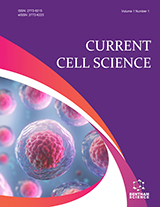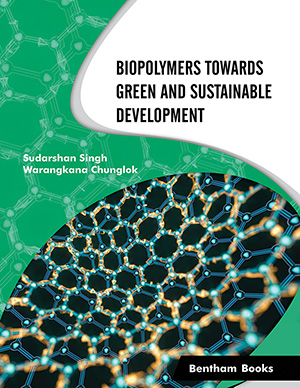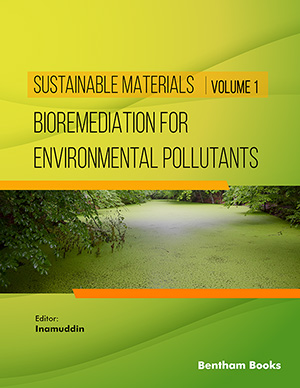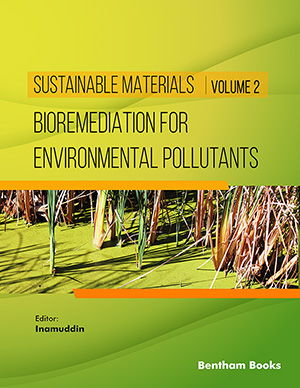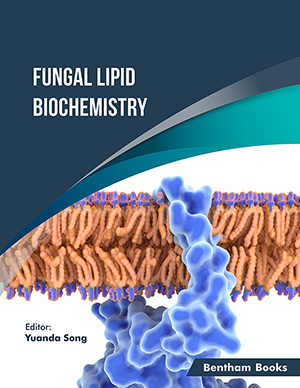Abstract
Macrophomina phaseolina (Tassi) Goid. is a destructive fungal soil
microbe, a cause of charcoal rot disease and causes heavy losses in agricultural
production. It is non-specific and appears in moderate to severe form every year
worldwide. Due to the seriousness and economic importance of the pathogen as well as
disease, it requires multiple approaches like epidemiological study, induction of
systemic resistance through non-conventional chemicals, host-pathogen resistance and
chemical as well as phytoextract application for its management. Epidemiological
studies reveal that the onset of charcoal rot varied in different varieties during different
dates of sowing. Timely sowing of crops is an important tool for reducing disease
incidence. The intensity of disease in a timely sown crop is less, with higher production
and productivity. The non-conventional chemicals like salicylic acid, acetylsalicylic
acid, indole acetic acid, indole butyric acid, riboflavin, and thiamine induce systemic
acquired resistance (SAR) and effectively inhibit mycelial growth of the pathogen.
These non-conventional chemicals showed a reduction of charcoal rot disease under
field conditions. It also enhances the yield-attributing traits and yield. It induces total
phenol content, peroxidase, polyphenol oxidase, phenylalanine ammonia lyase, and
catalase activity by the treatment of these chemicals. These activities showed a
differential reaction after inoculation of the pathogen on different varieties. However,
resistant varieties showed higher induction of biochemical activities than susceptible
ones. Different phytoextracts showed inhibition of mycelial growth and a reduction of
disease incidence in different crops. Seed treatment with fungicides is an effective
method for controlling the pathogen and ultimately enhances the production of the
crop. Genotype evaluation for host resistance is an effective, economical, and
continuous way of managing the pathogen and disease.
Keywords: Macrophomina phaseolina, Soil microbes, Charcoal rot, Induction, Disease management.




